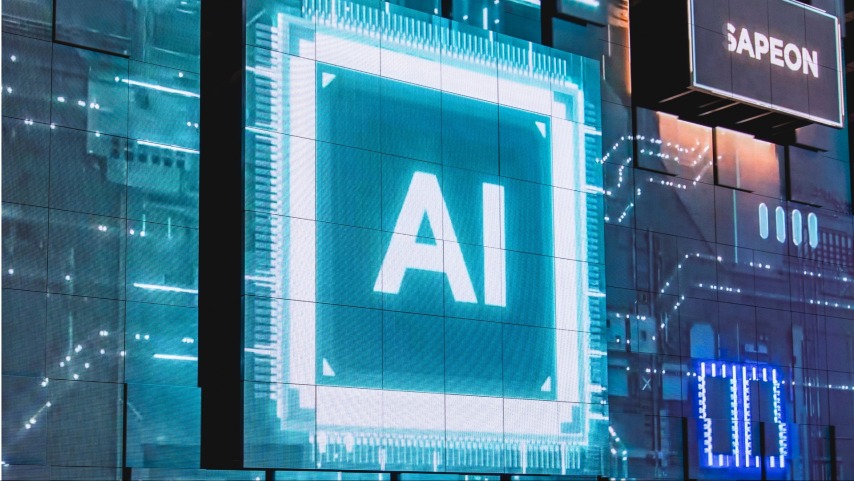Read this: How Wikipedia identifies and removes AI slop
Wikipedia has found several details that can indicate an article was AI-generated and unedited.
Photo by Xavi Torrent/Getty Images
At a moment where it feels like the dream of the internet is fading, Wikipedia remains a pleasant outlier: an actual website with free, accessible information, and a reprieve from the algorithmic, profit-oriented world of social media. While the organization hasn’t been totally immune from controversy—earlier this year, the Wikimedia Foundation generated backlash from editors after putting AI-generated article summaries at the top of articles—Wikipedia is making an effort to keep itself free from the slop that has begun to congest so much of the internet.
 Keep scrolling for more great stories.
Keep scrolling for more great stories.
